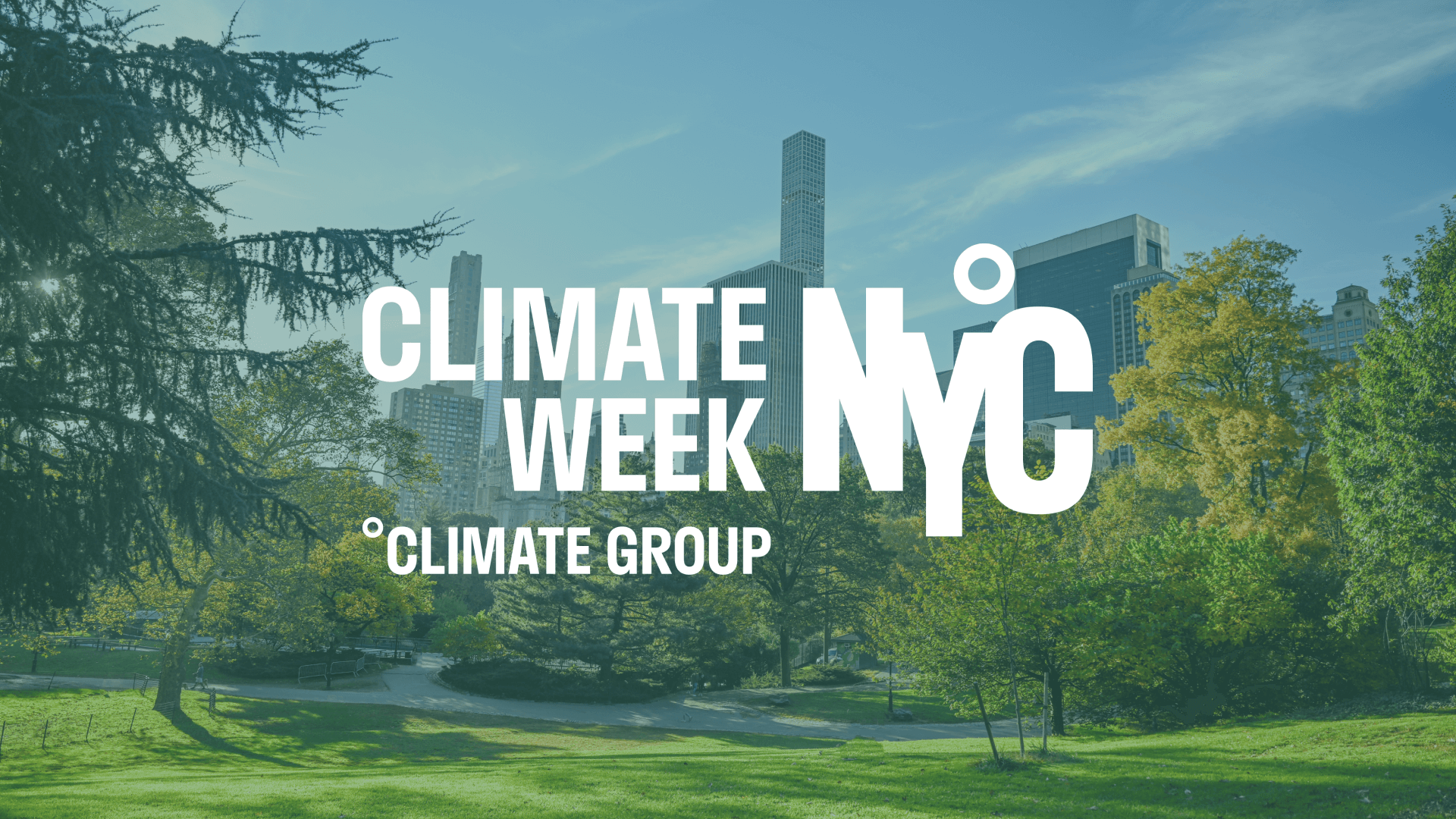This week, we hosted our 2050 Today convening. Launched in 2017, 2050 Today is an initiative with ongoing meetings to examine new and emerging priorities that need attention today to fully decarbonize the global economy by mid-century.
The events of 2020 profoundly redefined the course and the breadth of the 2050 dialogues, and prompted us to re-examine current decarbonization pathways and strategies, as well as the deep social transformations necessary to address the climate crisis. For this convening, we brought together an international group of experts, grantees, and funders, to discuss new thinking on climate action that reflects the long-lasting implications of the Covid-19 pandemic on emissions and activity drivers, the profound challenges of a just and equitable economic recovery, and the potential for climate strategies to center and advance racial and social justice.
As the event began, we received a letter from the Climate Justice Alliance (CJA), which noted its concern that this meeting did not include representation of, or input from, many of the communities most impacted by climate change that we are aiming to partner with and support.
We take CJA’s feedback seriously. While we sought to feature diverse perspectives from a broad group of experts, including representatives from leading organizations focused on climate, equity, and justice issues, we know we can always do more to include the voices of groups working on the frontlines. We welcome CJA’s engagement, which provides further opportunities to learn and grow.
As CJA’s letter states:
“Frontline communities — those impacted most by climate change, and who live with environmental and climate injustice directly caused by extractive industries in and adjacent to their communities, resulting in chronic impacts to human and environmental health — hold unique and compelling wisdom, solutions, and organizing power deeply informed by their lived experience. Frontline communities also hold the vision to connect the dots between our interlinked crises of systemic racism, socioeconomic inequity, and climate change — from root causes to just solutions.”
This fact that frontline and fenceline communities bear the brunt of the inequities of the current fossil-based economy is certainly true in the U.S., especially areas like the “diesel death zone” in Southern California and port cities on the Eastern seaboard, Louisiana, and Texas. The same is unfortunately true nearly everywhere in the world.
ClimateWorks Foundation is driven by our vision of a thriving planet for all living beings for generations to come. Progress cannot truly be made without including communities most vulnerable to climate impacts. Our organization is actively deepening our efforts on diversity, equity, inclusion, and justice so that we can do better as a collaborative partner in pursuit of our mission and vision. We embrace opportunities to improve and we remain steadfast in engaging with and learning from all communities focused on climate action.
We are engaging with CJA to learn from each other and explore ways to strengthen our collaboration in pursuit of our common interests. We also adapted our 2050 Today discussion to acknowledge that voices from those communities were not all in the room, as a way to reflect and ensure that these voices are included, supported, and amplified going forth.
We look forward to continuing our dialogue with CJA and other partners to make sure we continue to advance a climate future rooted in equity and justice for all.
